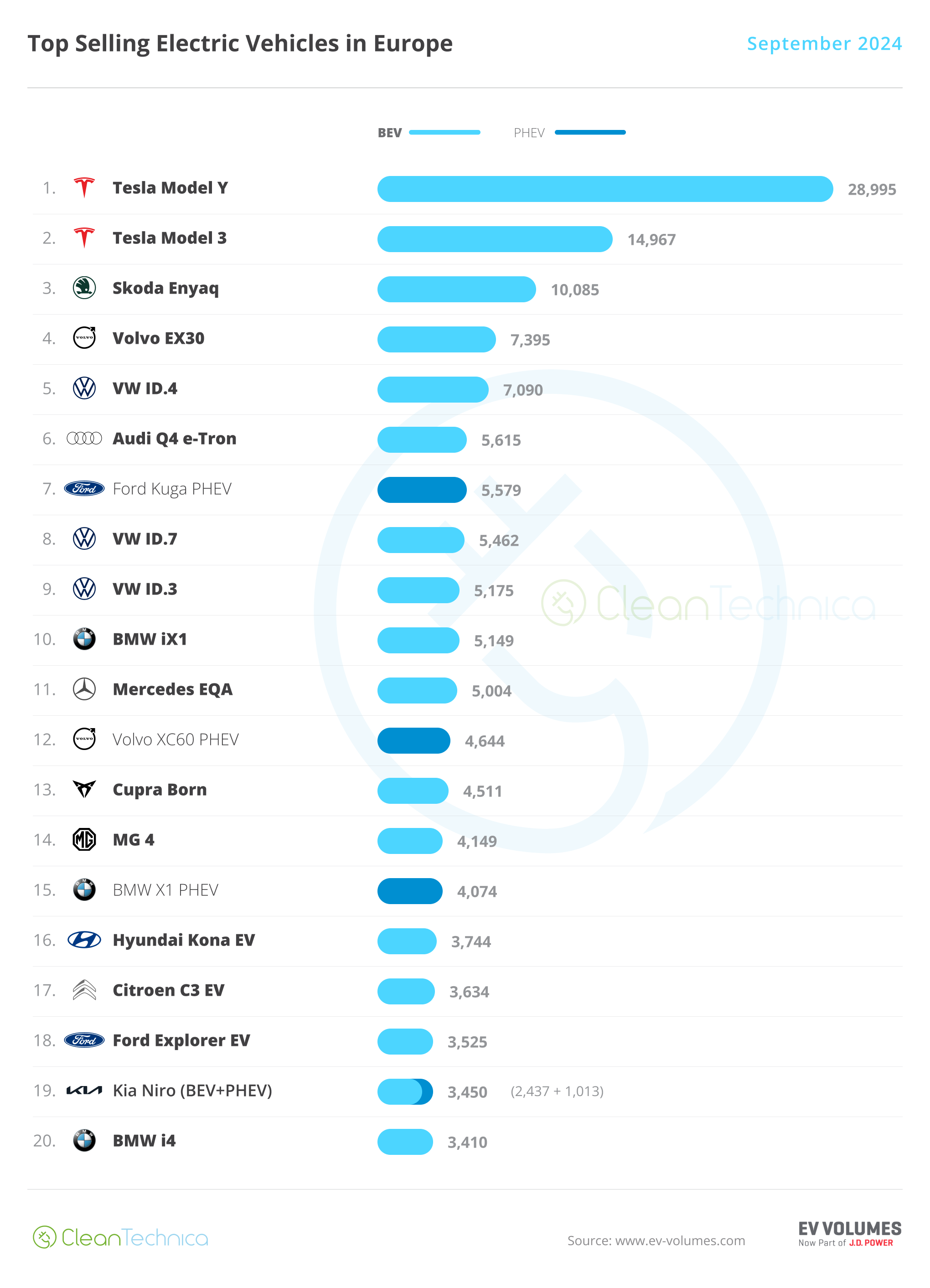(Reuters) – Oil prices fell on Tuesday as a stronger U.S. dollar compounded concerns that demand for fuel will be held back by major central banks holding interest rates higher for longer.
Brent crude futures were down $1.16, or 1.24%, at $92.13 a barrel at 0844 GMT, while U.S. West Texas Intermediate crude futures were trading $1.13 lower, or 1.26%, at $88.55.
“Fears of an economic recession may again dominate the oil market’s movement due to surging U.S. bond yields following the Fed’s hawkish stance last week,” said Tina Teng, a market analyst at CMC Markets in Auckland.
The world’s top economic policymakers, the U.S. Federal Reserve and the European Central Bank, have over recent days reiterated their commitment to fight inflation, signalling tight policy may persist longer than previously anticipated. Higher interest rates slow economic growth, which curbs oil demand.
Meanwhile, the U.S. dollar hit a 10-month high on Tuesday, as higher bond yields attracted investors towards the greenback.
As the major currency used for oil pricing, a stronger dollar typically weighs on oil demand as it becomes more expensive for importers relative to their local currency.
Rating agency Moody’s said on Monday that a U.S. government shutdown would harm the country’s credit, a warning coming one month after Fitch downgraded the U.S. by one notch on the back of a debt ceiling crisis.
“The threat of US government shutdown and its potential impact on the country’s credit rating can also be a factor in oil finding it increasingly challenging to provoke the magical $100/bbl target,” said Tamas Varga, analyst at oil broker PVM.
But supply remains tight as Russia and Saudi Arabia have extended production cuts to the end of the year. “Oil supply is expected to underwhelm demand in the foreseeable future and therefore any weakness, even if it is achingly startling, should not last,” Varga added.
Oil prices have risen by around 30% since mid-year driven mostly by tighter supply, wiping off 0.5 percentage points from global GDP growth in the second half of this year, according to JP Morgan.
But the shock “is not large enough to threaten the expansion by itself”, JP Morgan added in a note.
Reporting by Robert Harvey in London, Katya Golubkova in Tokyo and Andrew Hayley in Beijing; Editing by Sonali Paul and Kim Coghill
Share This:




